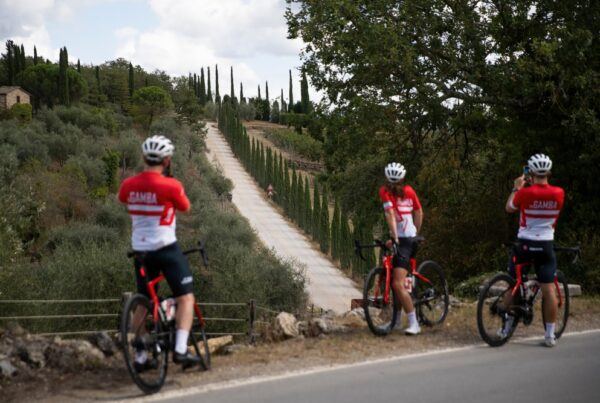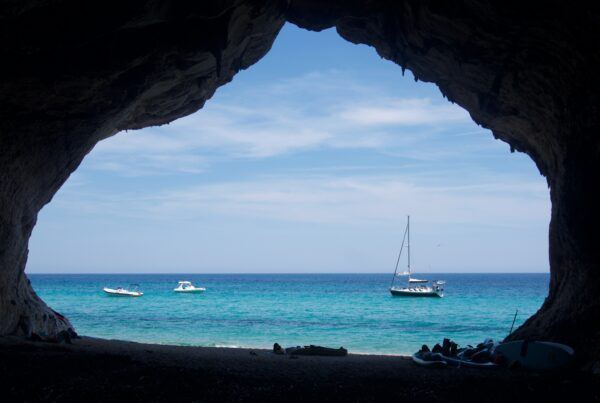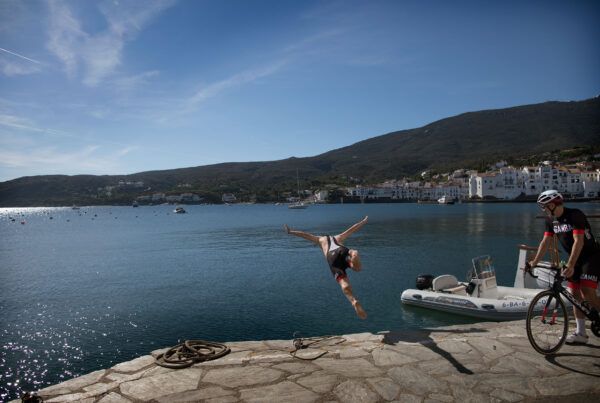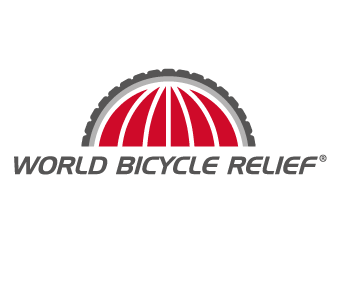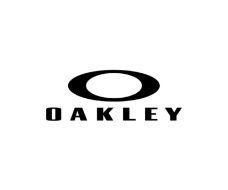Hidden away in a quiet corner of Lisbon, every inch of Francisco Araújo’s home speaks of a life dedicated to cycling. A talented mechanic, the lively octogenarian once worked for several national squads and in the pro peloton with top teams, and enjoyed a long and fruitful relationship with the legendary directeur sportif Jean de Gribaldy. This is a house that bike racing built, and it has since become a monument to a lifetime spent in the service of some of the 20th century’s most famous riders.
There are portraits of famous faces, walls filled with trophies, and medals and jerseys from many of the greatest athletes to ever throw a leg over a top tube. Sean Kelly and Stephen Roche, Eddy Merckx and Raymond Poulidor, Bernard Hinault and Greg Lemond – they’re all in there, proudly represented in Araújo’s private museum of cycling history.
Perhaps the most unique artefact in the old mechanic’s possession, however, is dedicated to someone closer to home, the iconic Portuguese climber Joaquim Agostinho, who died tragically in 1984 after hitting a dog while racing the Tour of the Algarve. A mountain, sculpted from polystyrene foam and decorated with riders and bicycles, team support cars, motorcycle police, emergency services, and of course, the cheering fans, commemorates Agostinho’s legendary victory in the ’79 Tour de France at Alpe-d’Huez.
With all of that to offer, and a hoard of newspaper and magazine cuttings about racing that date back to the 1940s, it’s not surprising that Araújo gets a lot of visitors. And recently, he opened his doors for inGamba founder João Correia, to talk about his life, the bicycle, and why racing has fascinated him for so many years.
How did that all start? Were you a bike racer when you were younger or you started as a mechanic?
I started when I was four years old. My father was a barber, but next door to the barbershop, owned by my father, there was a bike shop that was rented by a gentleman. My grandfather wanted me to learn a trade, but before going to the barbershop, I always snuck into the tenant’s bike shop. Eventually, my father realized I had no skill to become a barber and let me work with the bicycles! My first salary was 10 cents per day. I left school when I was nine years old. I was born in 1934, so that must have been 1943.
How old were you when you realized you were good at it?
At 15. I left that place and moved to a different one, working for Júlio Mourão, from Sporting [Sporting Clube de Portugal is one of the country’s most famous sports clubs, known for its football team but also its rich tradition of cycling]. It was all uphill from there.
A toolbox cost 900 contos in 1971 [almost €4,500 in today’s terms]. It was a lot of money! It took me so long to pay the whole thing in instalments. I was also an amateur at Rio de Janeiro, a neighborhood team in the Bairro Alto part of Lisbon. But I started in teams with Sporting, in 1957. I was there until ’98 – 41 years. I did 42 Tours of Portugal, and 18 Tours de France. I was at 23 world championships, representing Portugal, the USA when Greg Lemond won in Switzerland; Ireland with Kelly and Roche, and Switzerland. In France I had a nickname, I have the newspapers hanging there in the museum, they called me the “Bike Doctor.”
Was it a very glamorous lifestyle?
It was a good life for me. If I went back in time, I would still want it the same way. But now it’s different from those days, now it’s better.
You didn’t have the fancy hotel rooms …
That’s life. I was starting to make some good money in Italy when Agostinho called me. I was at the Trofeo Baracchi, when I got a call from Agostinho, back in Portugal, saying, “Araújo, you have to come, because Sporting are starting a cycling team.”
I said, “Hey, Agostinho, I just wanted to spend a couple of years like this and then not work anymore,” but he insisted. After all, it was Sporting and it was with Agostinho, so I said OK. There was a meeting with Sporting’s president, it was João Rocha back then, and that was that, I went out of the frying pan into the fire.
The previous time I was with Sporting, I was getting 14.5 contos [€72]. But at the time I was earning [€650], with food, drinks, housing and a 10% bonus for each prize. I could spend the whole year without wasting a cent. I built this house with that money.
Ah, but when I returned to Sporting, do you know how much money they offered? Rocha only wanted to give me 60 contos. “Mr. Presidente, what can you do?” I asked. He replied: “Mr. Araújo, we can’t afford more.” In the end, I got 10 extra contos, so in total it was 70 [350€]. Back then, it was a lot of money! And my boss in the team was only earning 35! The women at the club used to say to me, “Mr. Araújo, aren’t you ashamed of making more money than your boss?”. And I would reply: “he should have become a bike mechanic!”
Which riders did you work with?
There were many … That boy, Sean Kelly, was an extraordinary guy. He wanted me to go with him everywhere. He would finish one race and go straight to the next one. I wanted to rest but I have to go. He was always in action. Now it’s easier, they have trucks, they put the tools inside, they keep all the material there, but back in the old days I had nothing. We used to stay there for hours and hours working on that bike, then we had to store it in the hotel, with the wheels and everything.
Kelly was my favorite. He won seven Paris-Nice, he was very fast – and he was a sweetheart. Stephen Roche was a good too. He used to bring me back Irish beer when he went home!
What is the difference in riding and racing between Portugal and other places?
Here, everything is more amateur. Abroad, I had it all just like I wanted, everything was 100% professional. I was the only pro Portuguese cycling mechanic back then. The only one.
Last question: If you could only take one tool, what would it be?
No way man, you can’t build a bike with only one tool!
–






